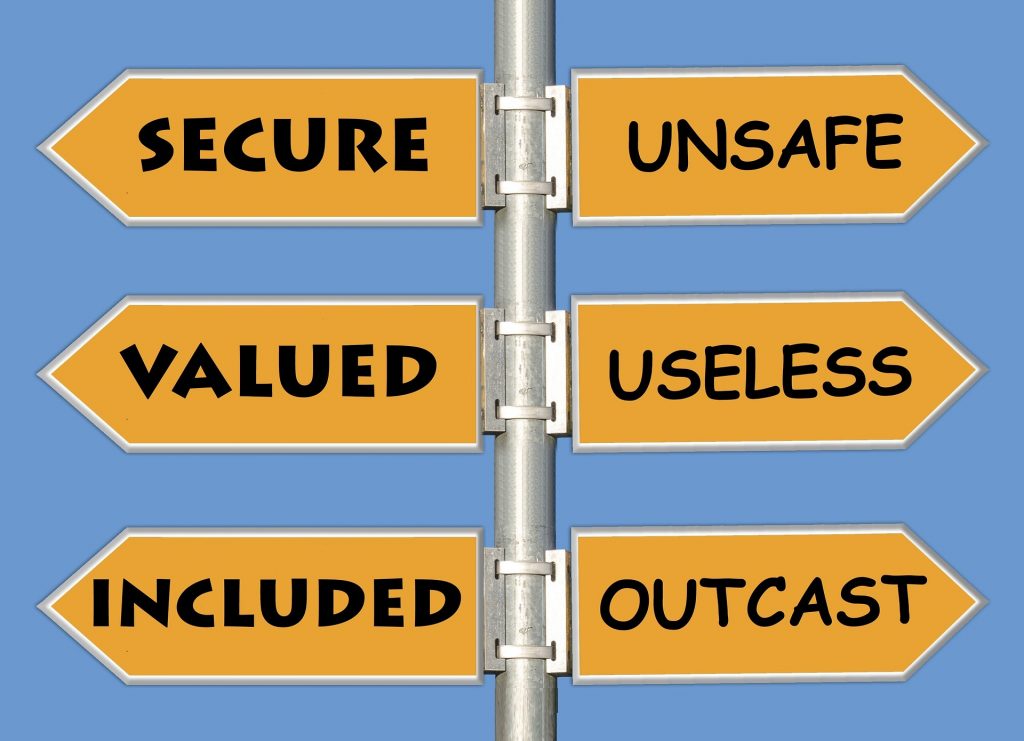In today’s rapid world, the act of making choices can seem overwhelming. From minor choices like what to eat during lunch to significant life decisions like career changes or relationship commitments, our daily lives are filled with moments that require us to take a stand. Yet, many find themselves battling to make the right choices, often falling into the pitfalls such as decision fatigue or paralysis by analysis. Learning from mistakes is essential, as each misstep presents valuable lessons that can enhance our decision-making skills.
Honing the art of smart decision-making involves comprehending both the Psychological and practical aspects of how we choose between options. This article will explore proven techniques that can aid you improve your decision-making skills, enabling you to navigate pressure with confidence. https://routemoon24.bloggersdelight.dk/2025/04/30/the-science-of-choices-ways-to-make-better-decisions/ will investigate the critical differences between emotional intelligence and logical reasoning, and reveal effective strategies to analyze options and make choices that lead to positive outcomes. Regardless if you’re a leader making tough calls or an individual seeking to strengthen your daily decisions, understanding these processes can empower you to make choices with clear thinking and purpose.
Techniques for Improved Decision-Making
To improve your decision-making skills, commence by adopting a methodical approach. One proven method is to employ decision structures that provide direction and insight. Frameworks such as the SWOT framework (Weaknesses, Opportunities,) help assess options in a methodical manner. By separating up complex decisions into smaller components, you can acquire insights into potential consequences and make educated decisions.
Another beneficial technique involves practicing social intelligence. Understanding your emotions and the feelings of others in making decisions situations can provide valuable insights. It allows you to manage difficult decisions more successfully by identifying biases and psychological triggers that may affect your judgment. Cultivating emotional intelligence aids in creating stronger relationships and promoting collaboration, especially in group decision-making settings.
In conclusion, adopting a attitude of consistent learning from past choices can greatly improve your future choices. Reflect on both your achievements and failures to identify trends and lessons learned. This reflection helps in preventing the same of errors and supports the creation of better decision-making habits. Applying these methods consistently will enable you to make more informed and confident choices in multiple facets of your life.
The Role of Psychological Science in Decision-Making
Understanding the mindset behind the decision process can significantly improve our capability to make sound choices. Our minds are wired to interpret data and make judgments based on both rational analysis and feelings. Cognitive distortions, such as confirmation bias or anchoring, can cloud our decision-making, causing us to prefer information that aligns with our current views while dismissing opposing evidence. By acknowledging these biases, we can more effectively approach our choices with a clearer, more objective mindset.

Emotional awareness also holds a critical part in our ability to make decisions. The capacity to comprehend and regulate our feelings, as well as empathize with others, allows us to maneuver through complex circumstances with greater ease. High emotional intelligence allows us to evaluate not only the facts but also the emotional context surrounding a decision. This balance between reason and feelings ensures that we consider the effects of our choices on our own well-being and those in our circle.
Additionally, the psychological concept of choice fatigue underscores the importance of cognitive resources when making decisions. As we encounter numerous choices throughout the day, our ability to think clearly can diminish, leading to poorer decisions. By structuring our decision-making processes, prioritizing key choices, and allowing for rest and reflection, we can overcome choice fatigue and enhance our general effectiveness in making informed and considered choices.
Maneuvering Decision-Making Challenges
Decision-making often includes dealing with various issues that can hinder our ability to make good decisions. One notable obstacle is the pressure many face when immediate choices are required. Under such conditions, individuals may default to instinctual reactions instead of reflective evaluation. To counter this, it is essential to develop strategies to stay cool and focused. Embracing consciousness and taking thoughtful pauses can offer an chance to evaluate the circumstance, consider options, and reduce the chance of hasty choices.
A further common obstacle is the anxiety of making the bad choice. This fear can lead to decision paralysis, where individuals overthink and procrastinate making decisions. To tackle this, it's important to understand that no choice comes without consequences, and gaining insights from failures can be a valuable part of the journey. Embracing a view that sees failures as opportunities for development can empower people to make choices more confidently, even in ambiguous situations.
In conclusion, the influence of group dynamics can complicate the decision-making process. In team settings, reaching a common agreement can be difficult due to differing perspectives and individual traits. Implementing structured decision-making can assist enhance the approach by providing specific guidelines for assessing options. Furthermore, fostering an atmosphere of transparent discussion promotes equitable input from all stakeholders, ultimately leading to more informed and collaborative outcomes.
